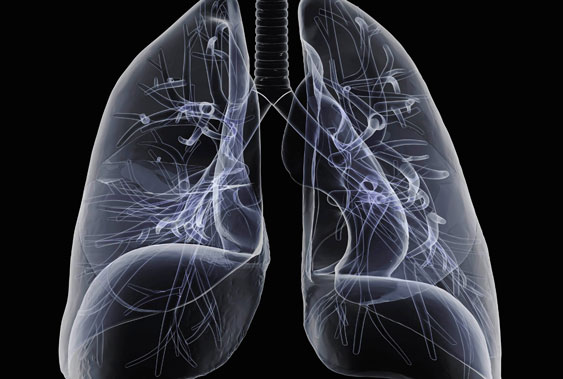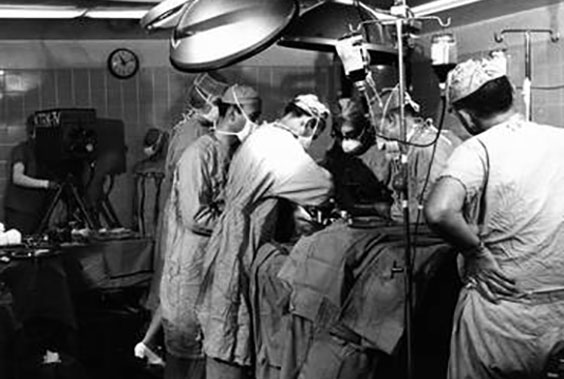When you need an organ transplant.
It’s a diagnosis no one wants.
Hearing you need a transplant – it’s what happens when nothing more can be done to preserve the organ function. Until a few decades ago, it wasn’t even an option.
“The first thought is disbelief, and then reality sets in,” said a Houston Methodist nurse who received an organ transplant here.
“You next wonder if, and when, a suitable donor will be found, and in my case, will it be in time to save my life?” said the employee, who asked to remain anonymous and who we’ll call “Chris.”
Now, the Epic Phoenix module is making things easier for our clinicians, so they can focus on our patients.
The waiting.
It’s an involved process.

“You get through it all with faith and support from family, friends, and the wonderful, multidisciplinary team that surrounds you at Houston Methodist,” Chris said.
Every 10 minutes, someone is added to the U.S. transplant waiting list. More than 120,000 people currently are waiting for an organ transplant. An average of 95 transplants per day take place.

The logistics are critical. Organs only remain viable for a short time.
- Heart, lung: 4 – 6 hours
- Liver: 8 – 12 hours
- Pancreas: 12 – 18 hours
- Kidney: 24 – 36 hours
Dr. Michael DeBakey. The year was 1963.
Houston Methodist’s first transplant took place in 1963 when Dr. Michael DeBakey performed a kidney transplant.
Texas’ first heart transplant, among the first in the nation, followed five years later.
Our transplant program has continued growing over the decades, totaling 7,815 transplants – 1,381 from living donors – since 1963.
Government regulations.
For each organ that becomes available, a federal database generates a list of potential recipients ranked according to objective criteria, like blood type, tissue type, size of the organ, medical urgency of the patient, time on the waiting list and distance between donor and recipient.
Each organ has its own specific criteria.
When donor organs are identified, a procurement organization accesses the computerized organ matching system, enters information about the donor and runs the organ match program.
Paperless. Easier. Better information management.
Before Phoenix, we relied on a system that wasn’t fully integrated with Epic. It was a cumbersome, labor-intensive process for the paperwork and administrative functions.
“Phoenix brings a two-fold benefit of reducing the risk of inaccurate data from dual documentation and freeing up the extensive time previously required to retrieve government-regulated data,” said Michael Garcia, HMH senior vice president for operations.

“It provides a comprehensive view of the transplant process,” he said. “Phoenix includes tools that manage the process and monitor a patient’s progress, from the initial evaluation to post-operative follow-ups.”

Phoenix provides significantly better visibility for clinicians. Physicians and staff can easily see all the patient information, rather than having to wait for the information as they did previously.
“We now have everything encompassed into one system, allowing us to reconcile data with the national database,” said Kelley Cantu, an HMH transplant liaison. “The benefit for patients is having all of the transplant information in one place and available in MyChart.”
Better care for transplant patients.
Phoenix integration into Epic means transplant surgery information is instantly available to clinical staff. This supports a more standard, but personalized approach for physician documentation, adding efficiency that helps clinicians and patients.
Adding this module creates more systemness as we continue improving, and investing in, Epic.
For patients like Chris. New beginnings.
For transplant patients like Chris, new technologies mean one thing – making it possible for us to provide better patient care.
“I won’t say it was easy, but I can’t imagine any hospital that does a better job of partnering with transplant patients and their families to make it as easy as possible throughout the entire process,” Chris said.
